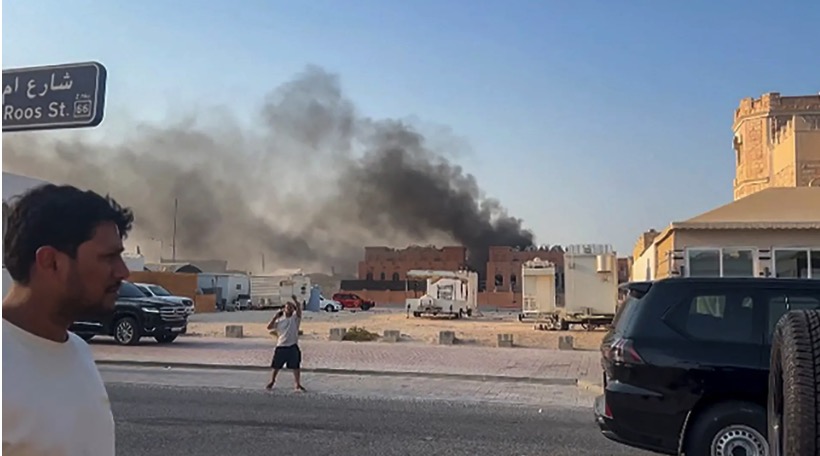CommentsTRANSIT TALK-Senate Bill No. 827, as newly amended in the Senate on April 9, 2018, was introduced by Senator Wiener, with principal co-authors Senator Skinner and Assembly Member Ting, and co-author Senator Hueso. It stirred a hornet’s nest when introduced, and the recent amendments have not calmed the swarm of angry hornets, but it did clarify their transit definitions:
“(d) “High-quality transit bus corridor” means a corridor with fixed route bus service that has service intervals of no more than 15 minutes during peak commute hours. that meets all of the following criteria:
- It has average service intervals of no more than 15 minutes during the three peak hours between 6 a.m. to 10 a.m., inclusive, and the three peak hours between 3 p.m. and 7 p.m., inclusive, on Monday through Friday.
- It has average service intervals of no more than 20 minutes during the hours of 6 a.m. to 10 a.m., inclusive, on Monday through Friday.
- It has average intervals of no more than 30 minutes during the hours of 8 a.m. to 10 p.m., inclusive, on Saturday and Sunday.”
No. (1) more clearly defines service intervals of buses. This seems to match the gridlock of Los Angeles these days, but without more people turning to not driving and riding buses and trains, gridlock hours will be extended beyond these intervals.
No. (2) does not include the hours of 7 p.m. to at least 10 p.m. Buses and trains do run at those hours.
These amendments clarify the bill somewhat, but the bill still does nothing to enhance transit systems within the development boundaries of the bill.
The city needs to grow, and this bill increases density by what could be tremendous amounts, and with increased density people must move around the city mostly by either driving or riding transit. (Sorry bicycle riders, the mass numbers of people biking throughout Los Angeles are not there, and the metropolitan area is too spread out for many to walk to their jobs, or places of enjoyment.)
With people continuing to drive everywhere, the gridlock hours will be expanded, throwing more exhaust into the air, resulting in more and more days of unhealthy air for Angelenos to breathe. This will lead to more negative health consequences from diseases caused by air pollution: COPD, asthma, heart disease, lung disease, cancers.
There is no dedicated funding to increase bus and rail service within the property reaches of this bill:
“The bill would require an eligible applicant, which this bill would define to mean a development proponent who receives a transit-rich housing bonus, to provide each resident of the development with a recurring monthly transit pass with the applicable transit agency that provides service to the major transit stop or high quality transit corridor that qualified the applicant for the bonus at no cost to the residents.”
This is small comfort for transit riders. Many companies and corporations already give transit bonuses to their employees who ride transit which can be used to purchase transit fare. I have received them in the past, and I receive one now.
I repeat myself from my previous CityWatch article:
“If there is any kind of transit-bonus it needs to be given to the transit riders, and paid for through fees from the developers, the construction companies, and in perpetuity by the building owners with these fees paid to the local governments and audited so that they are not passed down to the low-income tenants.
These fees should pay for:
- Funds to increases in bus and train service by purchasing more buses and trains and paying for their maintenance.
- For covered bus shelters with sides. A roof is needed to keep the sun and rains out, and sides are needed to keep winds and wind-blown rains out.
- Amenities and safety features for pedestrians along the “high-quality transit corridors.” The bill’s authors, and its supporters, should have known that transit riders are pedestrians who walk from their “transit-rich” housing to the bus stop or train station and then to their work or pleasure Pedestrian deaths on Los Angeles are increasing, and transit pedestrians need more protection.”
(Matthew Hetz is a Los Angeles native. He is a transit rider and advocate, a composer, music instructor, and member and president and executive director of the Culver City Symphony Orchestra.) Edited for CityWatch by Linda Abrams.
















